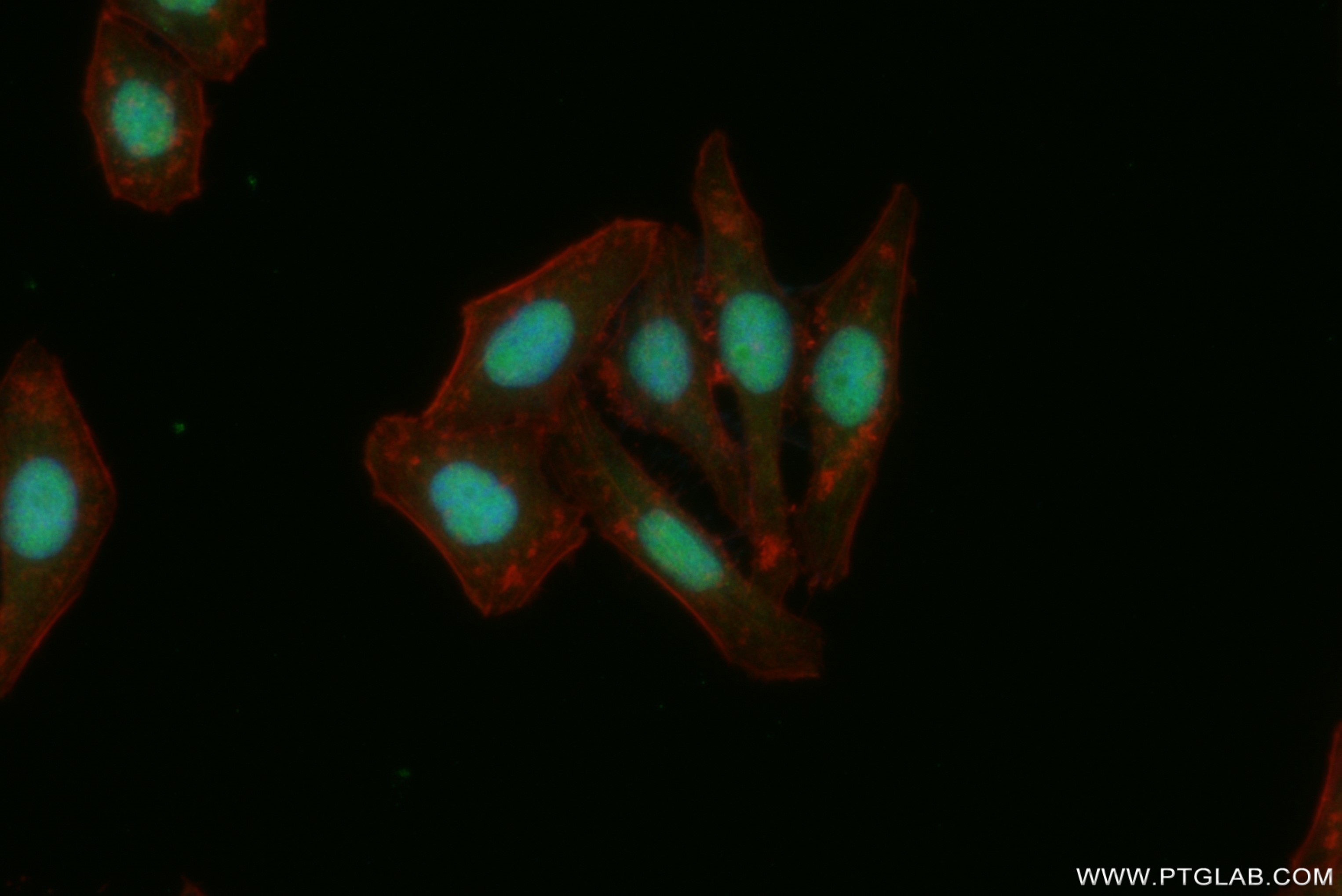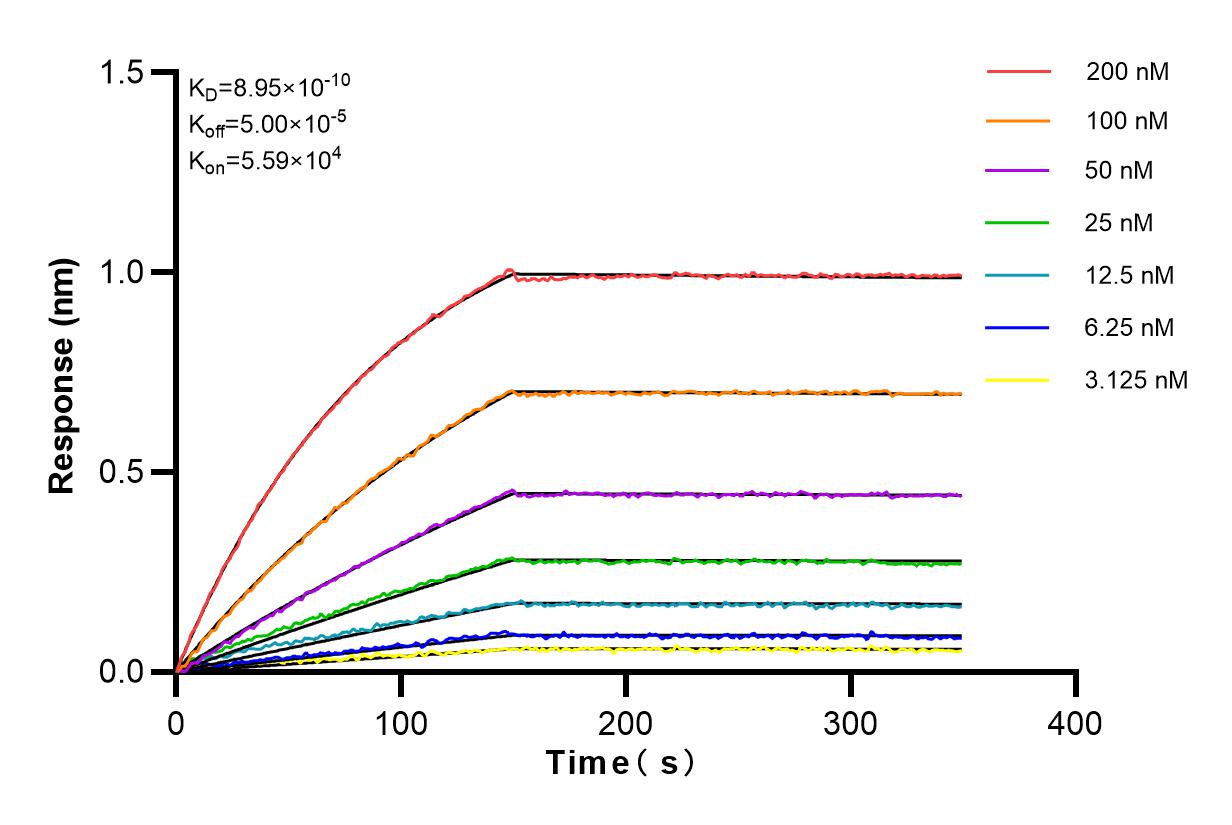Validation Data Gallery
Tested Applications
| Positive IF/ICC detected in | HepG2 cells |
Recommended dilution
| Application | Dilution |
|---|---|
| Immunofluorescence (IF)/ICC | IF/ICC : 1:150-1:600 |
| It is recommended that this reagent should be titrated in each testing system to obtain optimal results. | |
| Sample-dependent, Check data in validation data gallery. | |
Product Information
82894-3-RR targets NSUN2 in IF/ICC, ELISA applications and shows reactivity with Human samples.
| Tested Reactivity | Human |
| Host / Isotype | Rabbit / IgG |
| Class | Recombinant |
| Type | Antibody |
| Immunogen | NSUN2 fusion protein Ag14791 相同性解析による交差性が予測される生物種 |
| Full Name | NOL1/NOP2/Sun domain family, member 2 |
| Calculated molecular weight | 767 aa, 86 kDa |
| GenBank accession number | BC001041 |
| Gene Symbol | NSUN2 |
| Gene ID (NCBI) | 54888 |
| RRID | AB_3670622 |
| Conjugate | Unconjugated |
| Form | Liquid |
| Purification Method | Protein A purification |
| UNIPROT ID | Q08J23 |
| Storage Buffer | PBS with 0.02% sodium azide and 50% glycerol{{ptg:BufferTemp}}7.3 |
| Storage Conditions | Store at -20°C. Stable for one year after shipment. Aliquoting is unnecessary for -20oC storage. |
Background Information
NSUN2, also known as SAKI or Misu (Myc-induced SUN-domain-containing protein), is a methyltransferase which catalyses (cytosine-5-)-methylation of tRNA. NSUN2 is direct target gene of c-Myc and may act downstream of Myc to regulate epidermal cell growth and proliferation. NSUN2 is overexpressed in various cancer tissues and may be a valuable target for cancer therapy and a cancer diagnostic marker. Recently a splicing mutation in NSUN2 has been identified as the cause of a Dubowitz-like syndrome, an autosomal recessive disorder.
Protocols
| Product Specific Protocols | |
|---|---|
| IF protocol for NSUN2 antibody 82894-3-RR | Download protocol |
| Standard Protocols | |
|---|---|
| Click here to view our Standard Protocols |

